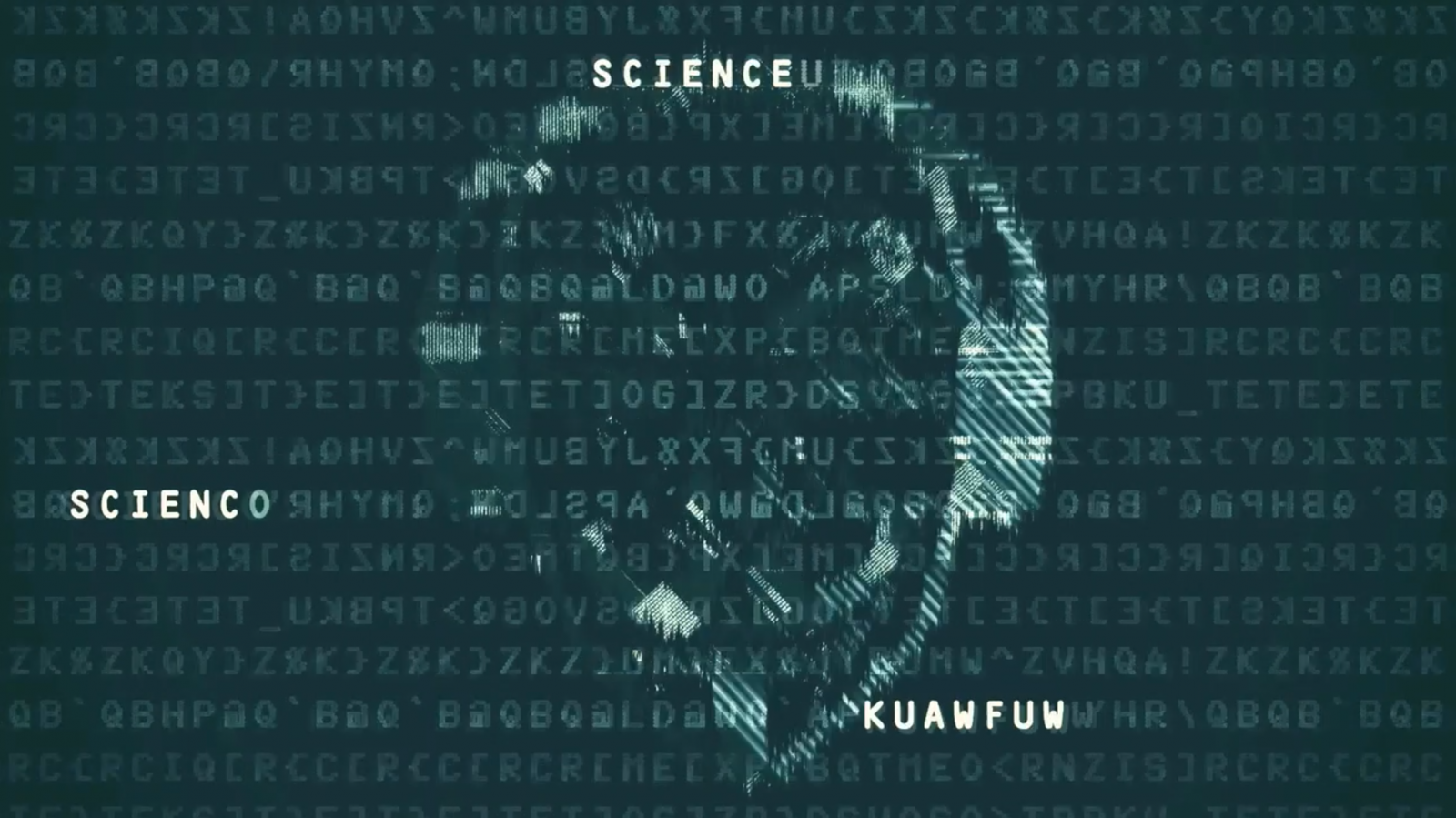


Stephen Meyer: Scientific Arguments for a Theistic Worldview

Eric Hedin on Free Will and Morality in a Designed World

Eric Hedin on Suffering in a Designed World

Pt. 2: Stephen Meyer and Skeptic Michael Shermer
Today’s ID the Future continues a lively and cordial conversation between atheist Michael Shermer and Stephen Meyer, author of Return of the God Hypothesis: Three Scientific Discoveries That Reveal the Mind Behind the Universe. In this segment of the four-part series, Shermer and Meyer discuss a fourth argument for theism, the moral law within. Then they discuss the similarities and differences between inferring design for something like the Rosetta Stone versus inferring intelligent design from the information in DNA or the fine tuning of the universe. The interview is reposted here by permission of Michael Shermer.

No, Scientists Should Not Rule
On this new episode of ID the Future, The Price of Panic co-author and philosopher Jay Richards hosts bioethicist Wesley J. Smith to discuss a Tweet from Physics-Astronomy.org. The Tweet read, “Imagine a world ruled by scientists, not politicians.” The drift of the Tweet was, wouldn’t rule by scientists be wonderful! Smith immediately threw up a great big “Don’t go there” sign at the Epoch Times. As Smith and Richards emphasize, such an approach to governance would be disastrous, and would actually be anti-science. It would tend to corrupt the practice of science, thrust scientific specialists into positions calling for generalist skills, and further the arrogant mistake that is scientism—the view not only that nature is all there is, but also that science is the be all and end all of human wisdom. As Richards and Smith go on to emphasize, political leaders definitely should have the humility to take into account scientific insights; it’s just that they shouldn’t stop there. They also have to factor in insights from economics, law, ethics, and other fields. Richards and Smith use the response to the coronavirus pandemic as a case in point. Smith’s latest book is Culture of Death: The Age of ‘Do Harm’ Medicine.

How to Destroy Love with Darwinism
On today’s ID the Future, host Andrew McDiarmid presents an Evolution News essay, “How to Destroy Love with Darwinism.” Altruism as defined by evolutionists means “behavior by an animal that may be to its disadvantage but that benefits others of its kind.” It’s not an easy fit with Darwinism, since Darwinian evolution is all about passing your favored genes onto your offspring. How can a creature do that if she gives her life for another, particularly when it’s not even her own children, and before she has produced any offspring? Such individuals fail to pass on their own genes — a seeming conundrum for Darwinism. Evolutionists have made some progress (they think) explaining such things with theories of group selection or kin selection. But those explanations face some fresh challenges and don’t even begin to explain self-sacrificial acts done for non-kin, a behavior we see among humans. From a design perspective, though, such behaviors are not baffling, for they are not genetically determined acts, as if humans are only wet robots governed by genes. They are acts of true self-sacrificial love, done freely and made possible because reality is more than matter and energy, and humans are more than just DNA survival machines.
Richard Weikart on Michael Ruse’s “Compromise” with Christianity
On this episode of ID the Future, From Darwin to Hitler author and historian Richard Weikart returns to his conversation with Mike Keas about a recent book on Darwinism, Christianity, and war by Michael Ruse. Ruse aims at a surprising conclusion in this book.
Read More ›
Jonathan Witt Talks Science Uprising and More with Jerry Newcombe
Today’s episode of ID the Future brings you a conversation between Discovery Institute senior fellow Jonathan Witt and radio host Jerry Newcombe, originally presented on Newcombe’s nationally syndicated radio show. The two begin by discussing the Discovery Institute’s Science Uprising video series, which Jonathan helped create. From there they go on to talk about philosophical materialism, free will, morality, and what it means to be human. They touch on the Darwinian opposition, and on the rising threat of censorship.

Intelligent Design and Human Exceptionalism
On this episode of ID the Future, Senior Fellow David Klinghoffer discusses the concept of “human exceptionalism” — the idea than human beings hold a unique place in the world, reflecting a special status not comparable to other creatures. Klinghoffer examines the relation between a belief in intelligent design and a belief in human exceptionalism, arguing that ID helps make the case for human dignity.